There is a worthy and relatable quote to start this discussion. " The beauty lies in the eyes of the beholder" which means that it is a unique perception that reflects our internal perspective. I would like to twist this quote to make it more relatable for us. I would say, " legality lies in the eyes of the beholder". A political event can be merely news or a political drama on the face of it. But if we add a legal perception to it, it will give you a perspective that what does a law has to say about such an event!
This brings attention to our topic. The political event I am speaking of is the arrest of Union Minister and Rajya Sabha member Narayan Rane after his 'tight slap' statement against Maharashtra CM Uddhav Thackeray. He was charged under the Indian Penal Code, 1860 sections - 189 (Threat of injury to the public servant), 504 (Intentional insult to provoke breach of the public peace), 505 (Statement conducive to public mischief), 500 (Defamation), and section 153-b(I)(c) (Commits any act which is prejudicial to the maintenance of harmony between different religious, racial, language or regional groups or castes or communities).
Further development is that he has been granted bail on Rs. 15,000/- surety with few conditions like- He will have to appear twice before the police, and have to ensure that the act will not be repeated. Then, he has to cooperate with the police for the collection of voice samples. And he will have to ensure that evidence is not tampered with.
Now you will ask what is the legal perception behind this event? This political event has highlighted the core part of the Parliamentary Privileges enjoyed by the parliamentarians. The minister is a sitting MP in the Rajya Sabha and thereby holds parliamentarian privileges. Hence, his arrest was criticised. Few argued the arrest was not as per the protocol, while others cited it was against the constitutional values.
The parliamentary privileges are the sum of rights enjoyed by each House collectively and by members of each house individually for the effective discharge of their functions. When any of these rights or immunities are attacked the offence is called 'breach of privilege' and it is punishable under the law of Parliament. The constitutional privileges of the state legislature and Parliament are identical.
Article 105 and 194 of the Indian Constitution provides for the privileges of the Legislature in India. Article 105 deals with the Parliament, and Article 194 deals with State Legislatures. The privileges can be numbered as freedom of speech, freedom from arrest, right to exclude strangers, rights to regulate internal proceedings, right to regulate members or outsiders for contempt of house, right of house to regulate its own Constitution.
In case of other privileges, it shall be defined by Parliament or State Legislature from time to time and until so defined shall be those of that House and its members and committees immediately before the coming into force of the constitution (44th constitutional amendment act). The amendment retains all the existing privileges as well as allows parliamentary laws to define new privileges.
One of the individual privileges is that of freedom from arrest. The principle upon which freedom from arrest is based is that parliament is entitled to have the first claim upon the services of its members and that any person who by any action of arrest or hindrance, prevents a member from attending in his place to do his duty is guilty of the contempt of the whole house.
In case of civil matters, it is well established that there is an absolute privilege of freedom from arrest during the continuance of a session of the House or meetings of any committees, of which he may be a member, and during forty days before and after such session/meeting. This is mentioned under section 135A of the Code of Civil Procedure. The object of this privilege is to ensure the safe arrival and regular attendance of Members in Parliament.
It is equally well established that the privilege of freedom from arrest, however, is not intended to interfere with the administration of criminal justice or laws relating to emergency legislation such as preventive detention. Regarding such arrest, the House has a right to receive immediate information of the arrest, detention, conviction, imprisonment, and release of a Member.
This position is stated in Rules 222A and 222B of the Rules of Procedure and Conduct of Business in Rajya Sabha. The failure on the part of a judge or a magistrate or other authority to inform the House of the arrest/detention or imprisonment of a Member would constitute a breach of privilege of the House.
Another privilege which a Member under custody enjoys is his right to correspond without any hindrance with the Chairman/Speaker, Secretary-General, or Chairman of a Parliamentary Committee. Again No arrest, whether of a member or a stranger can be made within the precincts/premises of the House without containing the prior permission of the Chairman/Speaker and that too by the procedure laid down by the Home Ministry in this regard.
Similarly, no legal process, civil or criminal, can be served within the precincts/premises of the House without obtaining the prior permission of the Chairman/Speaker whether the House is in session or not. The appropriate procedure is for the summons to be served direct on Members concerned outside the precincts of Parliament, that is, at their residence or some other place.
The privilege from arrest is no doubt of great importance but of still greater importance is state security. When the very existence of the state is in danger, it becomes the supreme duty of the state to take such steps as are necessary to ensure state security and accordingly maintenance of public order.
Another relevant point is whether a member of parliament or legislative assembly should or should not be handcuffed. A committee on privileges in this regard has already concluded that the use of handcuffs should be restricted only to the cases where the prisoner is a desperate character, or where there are reasonable grounds to believe that he will use violence or attempt to escape, etc.
There have also been many occasions in the Rajya Sabha where the members have complained about their arrest on various grounds such as mala side arrest, arrest and thereby preventing a member from attending the house, delay in sending intimation, etc.
Narayan Rane's arrest, however, is not the first time that a serving Union minister has been arrested. Rane is the third Union minister in India to court arrest. The first two were the late Murasoli Maran and T. R. Baalu. The duo was picked up at midnight by Chennai Police along with former Tamil Nadu Chief Minister M. Karunanidhi in connection with 12 crore rupees ‘flyover scam’ in June 2001.
On several occasions, parliamentarians have demanded full immunity from arrest in both civil and criminal cases. Sometimes they are not immunized based on two arguments- First, the spirit of Article 14 that is the right to equality. Secondly, can parliamentarians claim privileges that will put them of higher footing than a citizen of the country.
- Adv. Prachi Patil
pprachipatil19@gmail.com
Tags: Narayan Rane Uddhav Thackeray State Legislature legal perception constitutional Load More Tags

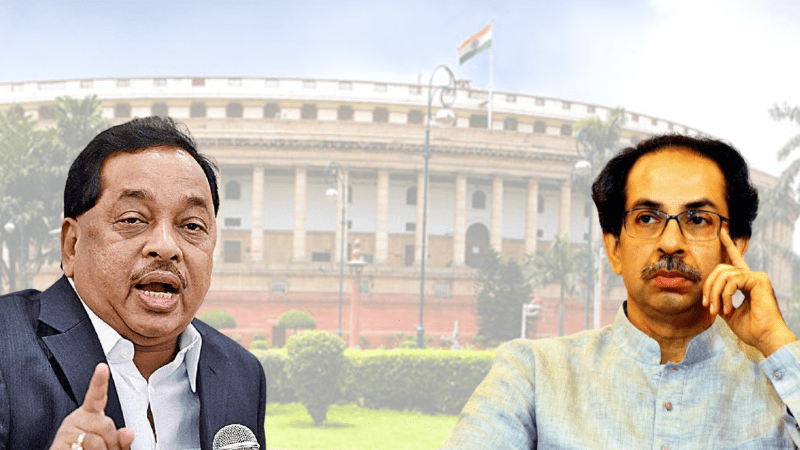
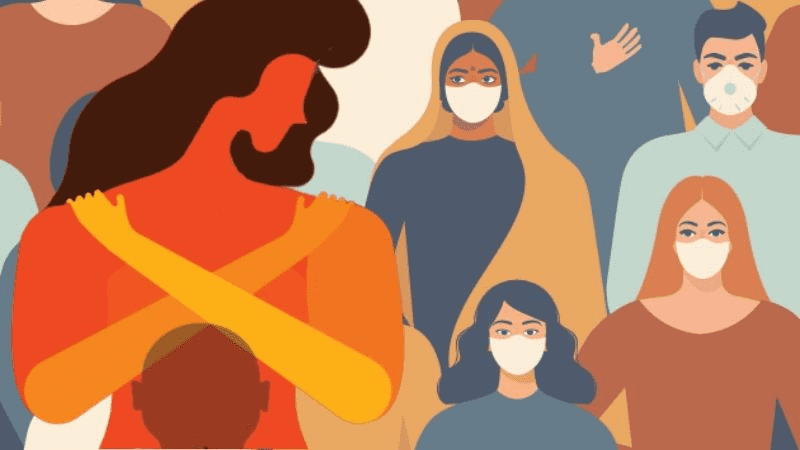
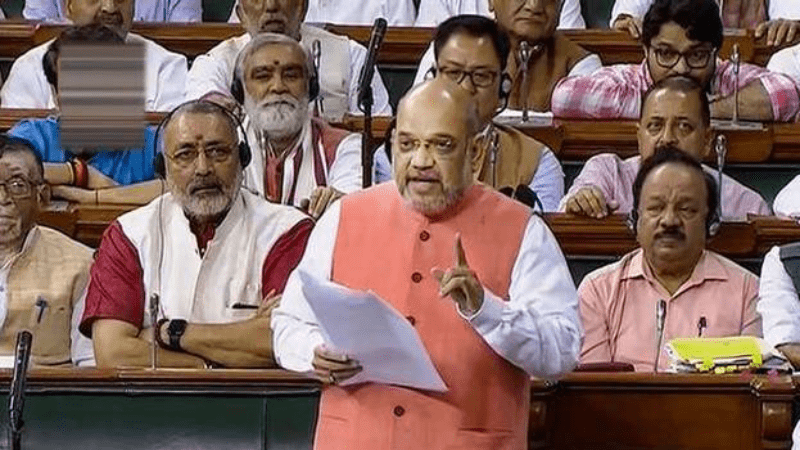
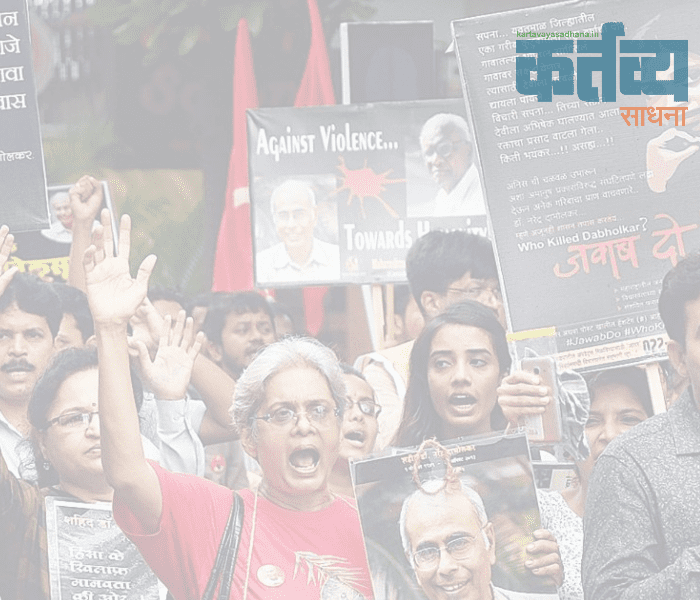
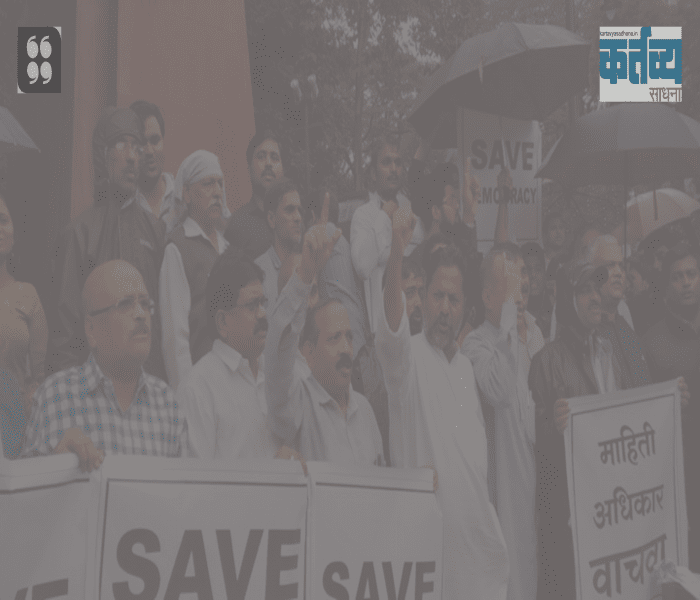
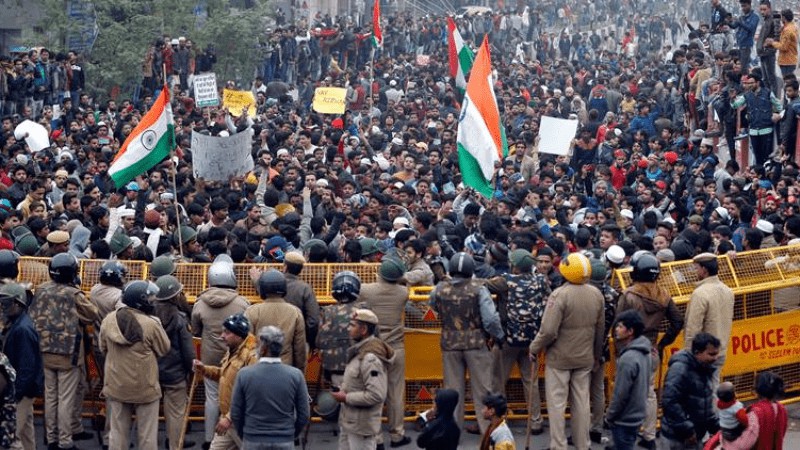
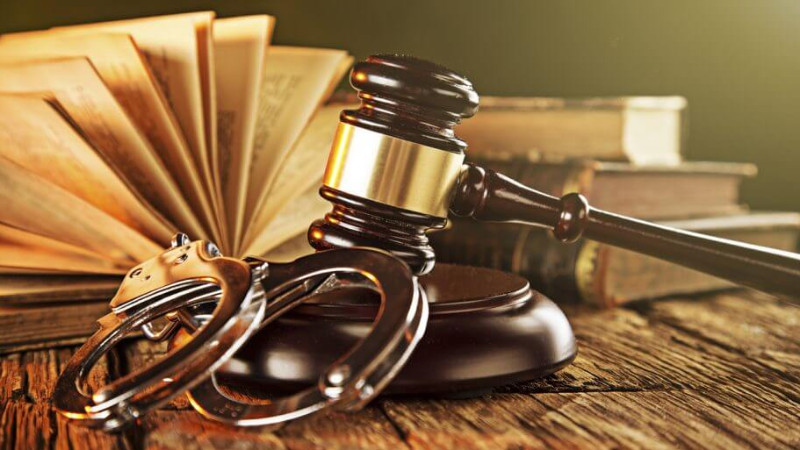
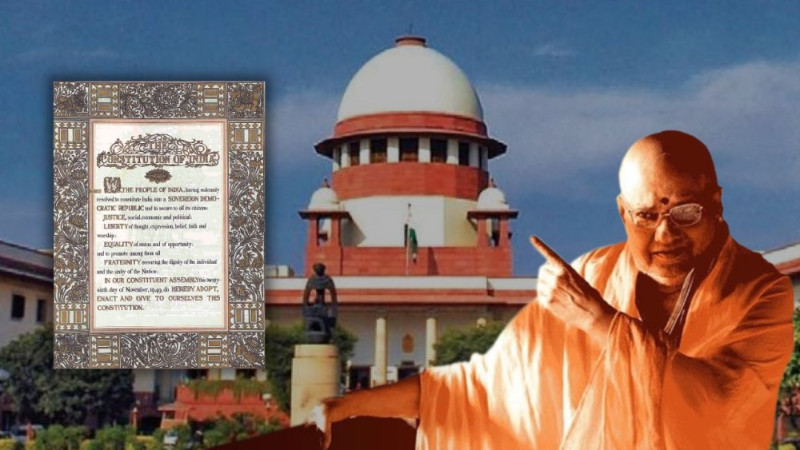
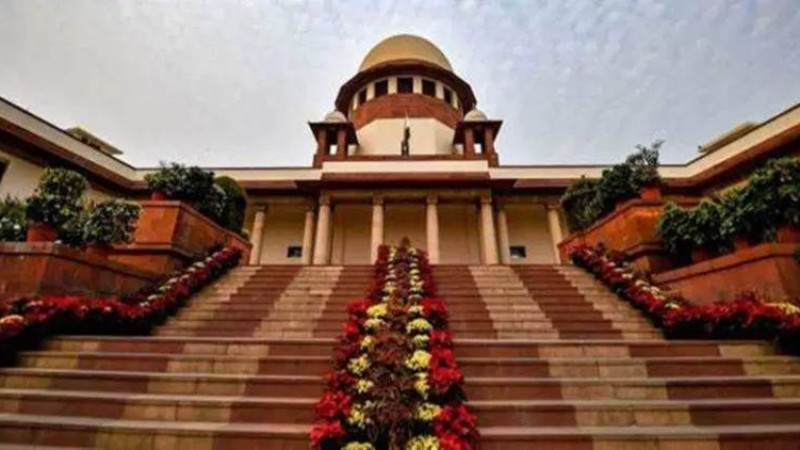
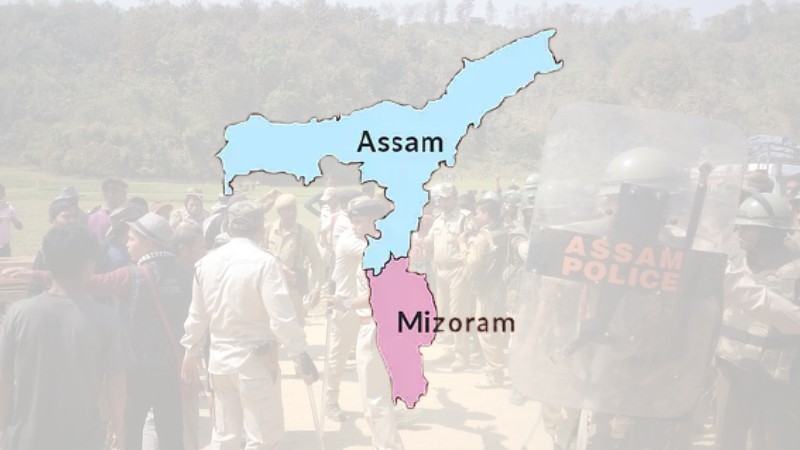

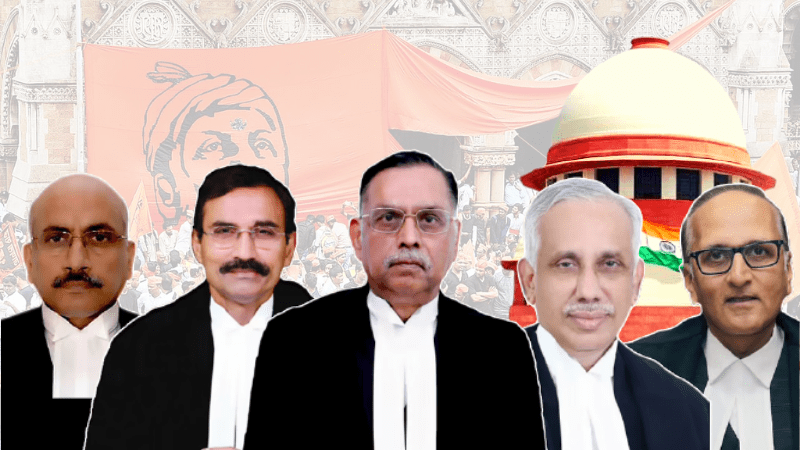
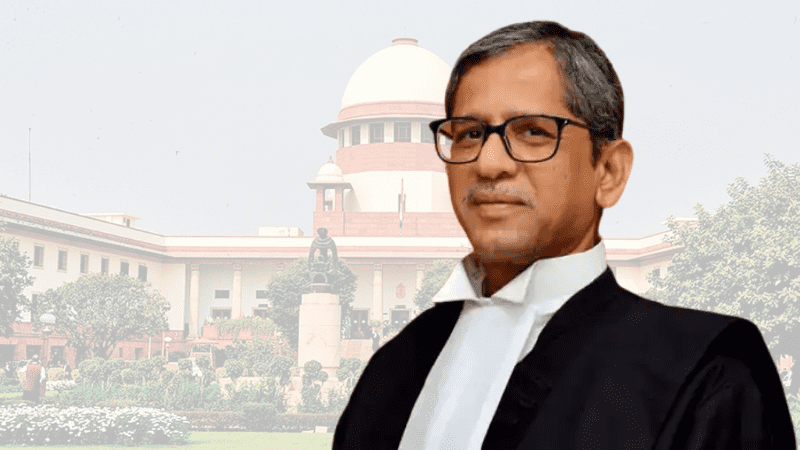
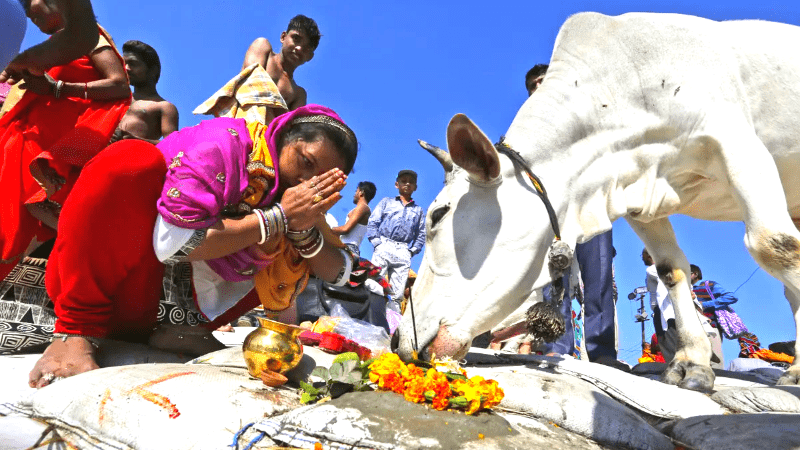
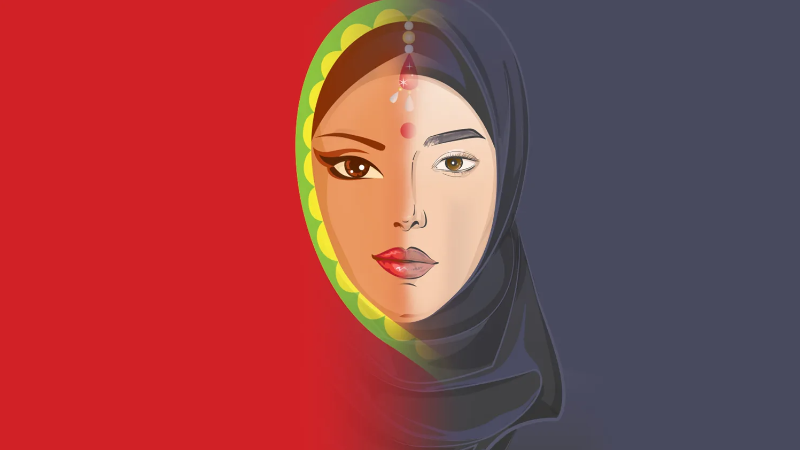

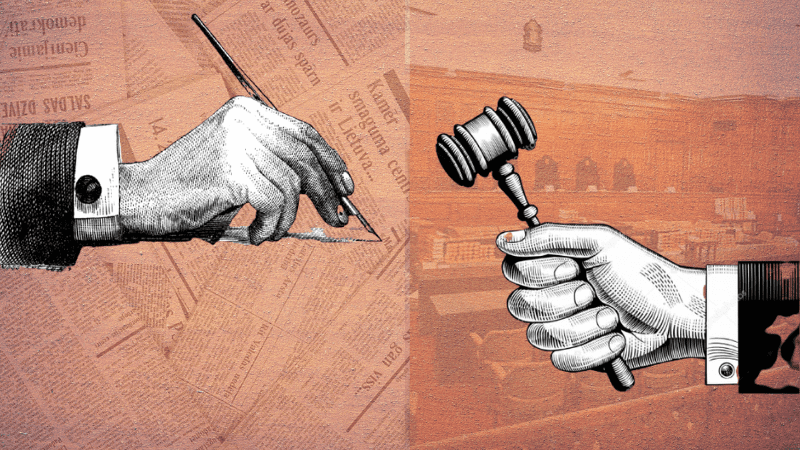
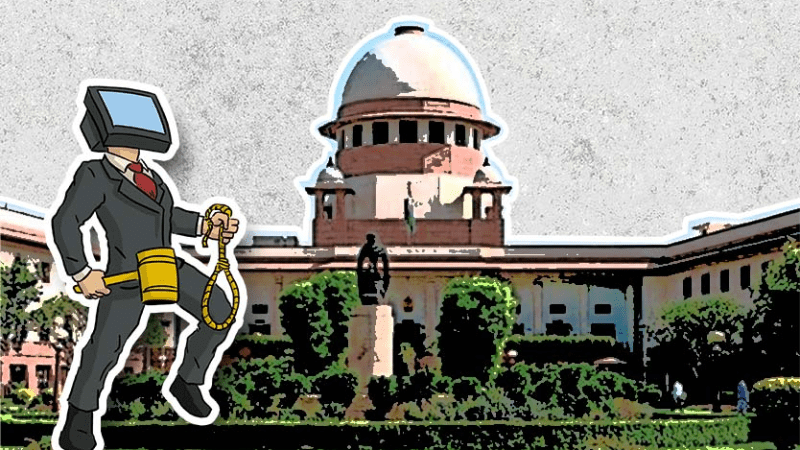

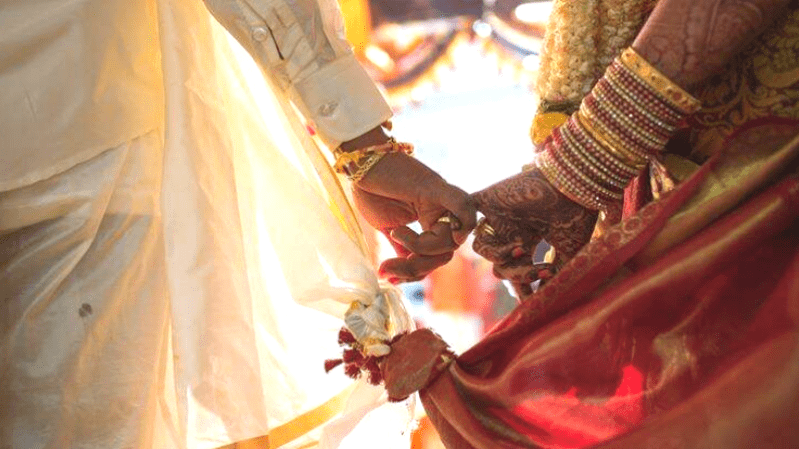
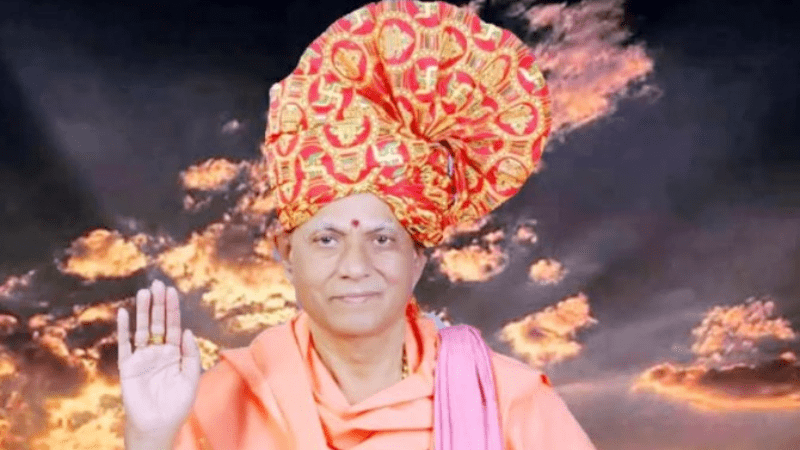
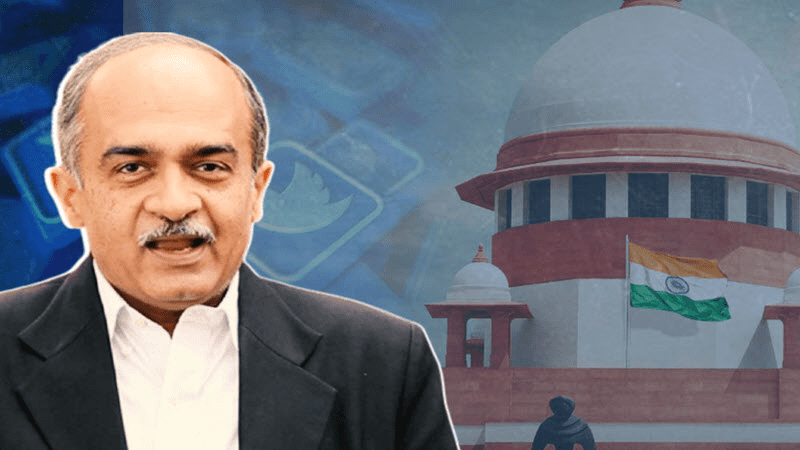
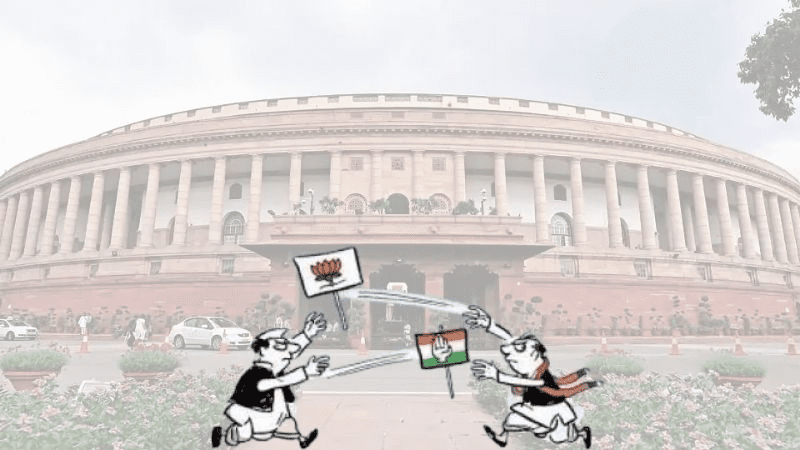
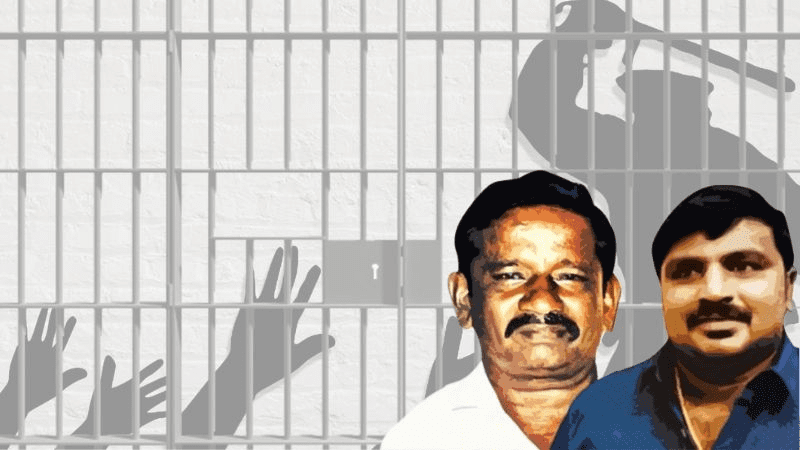
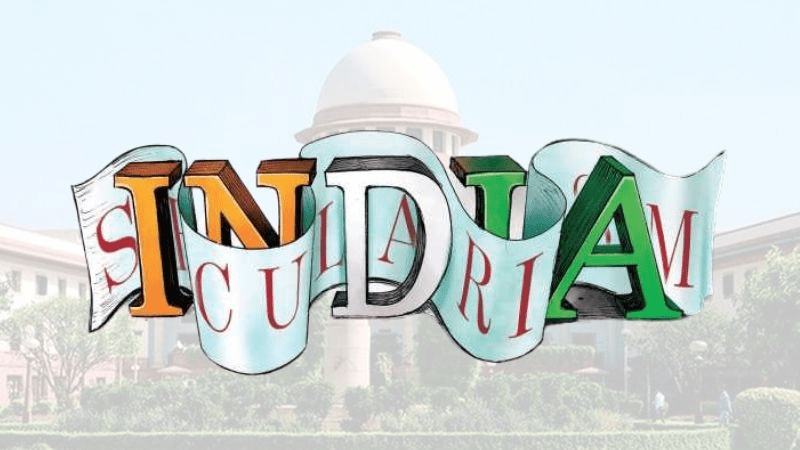
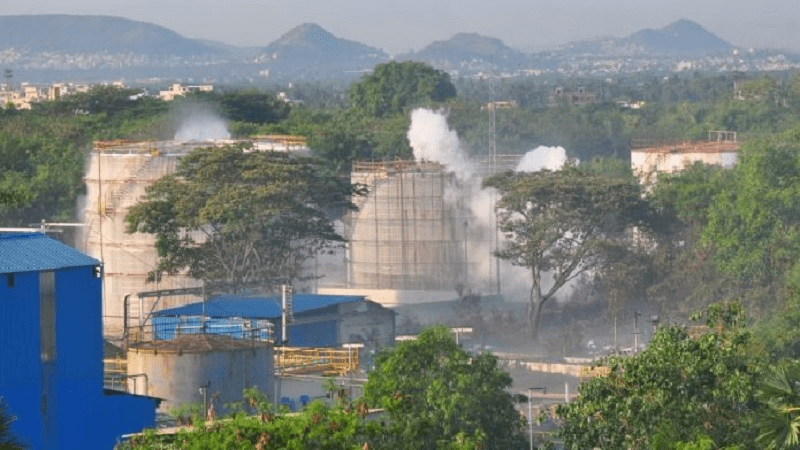
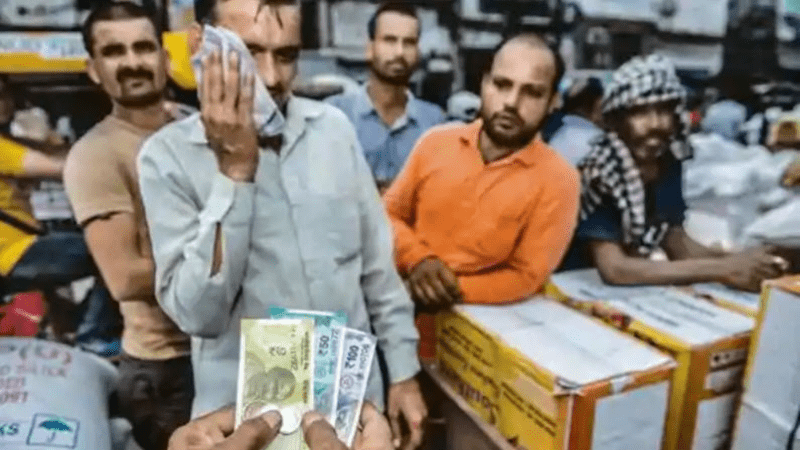
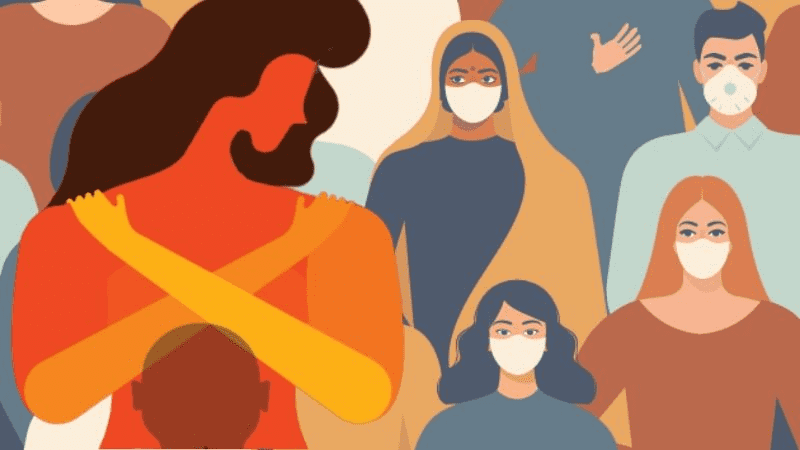
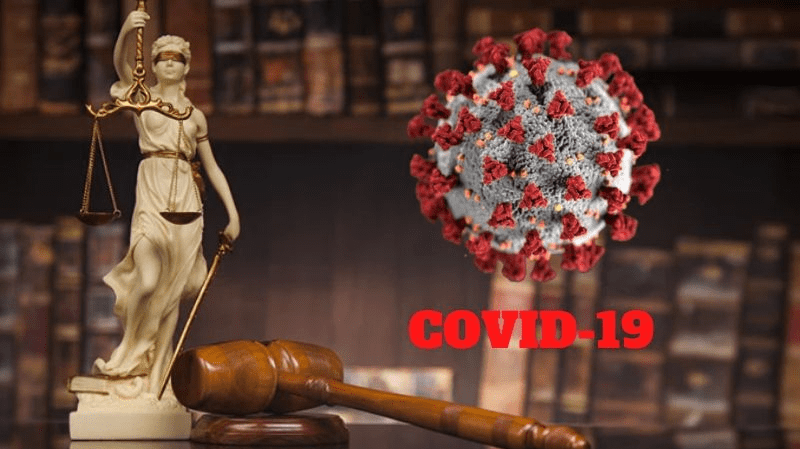

























Add Comment